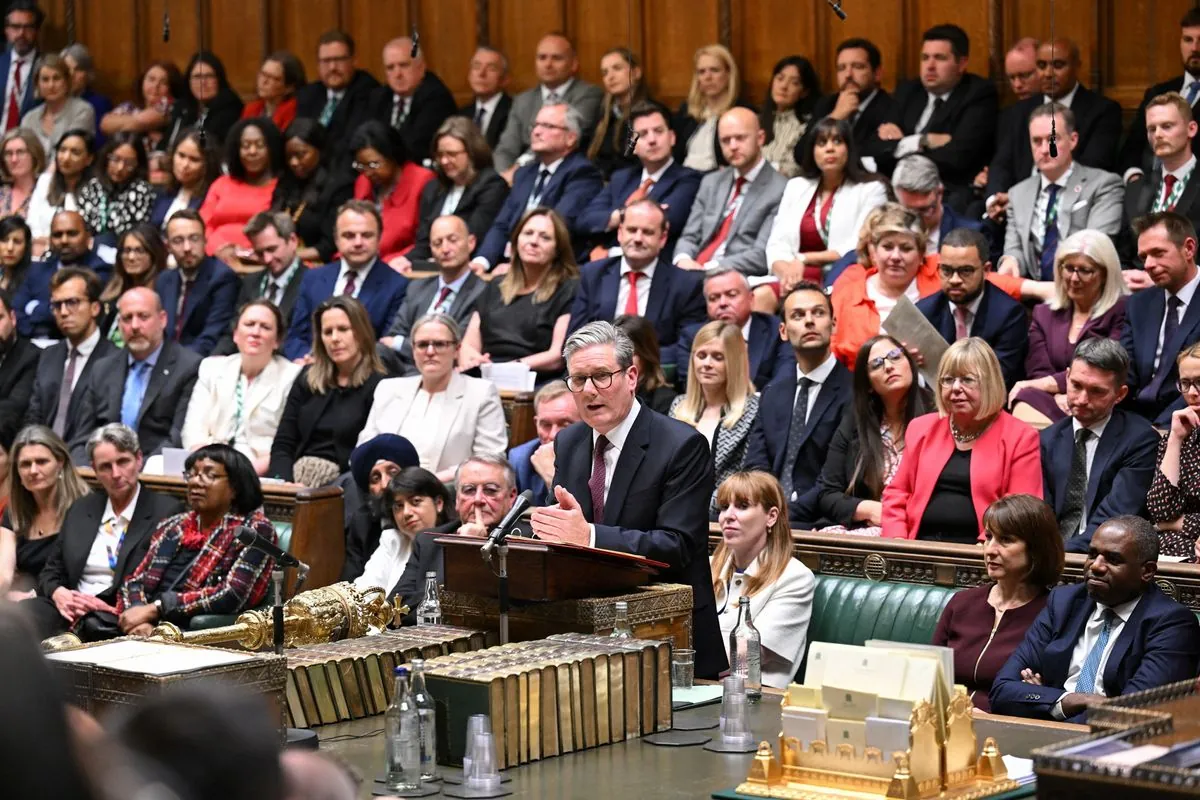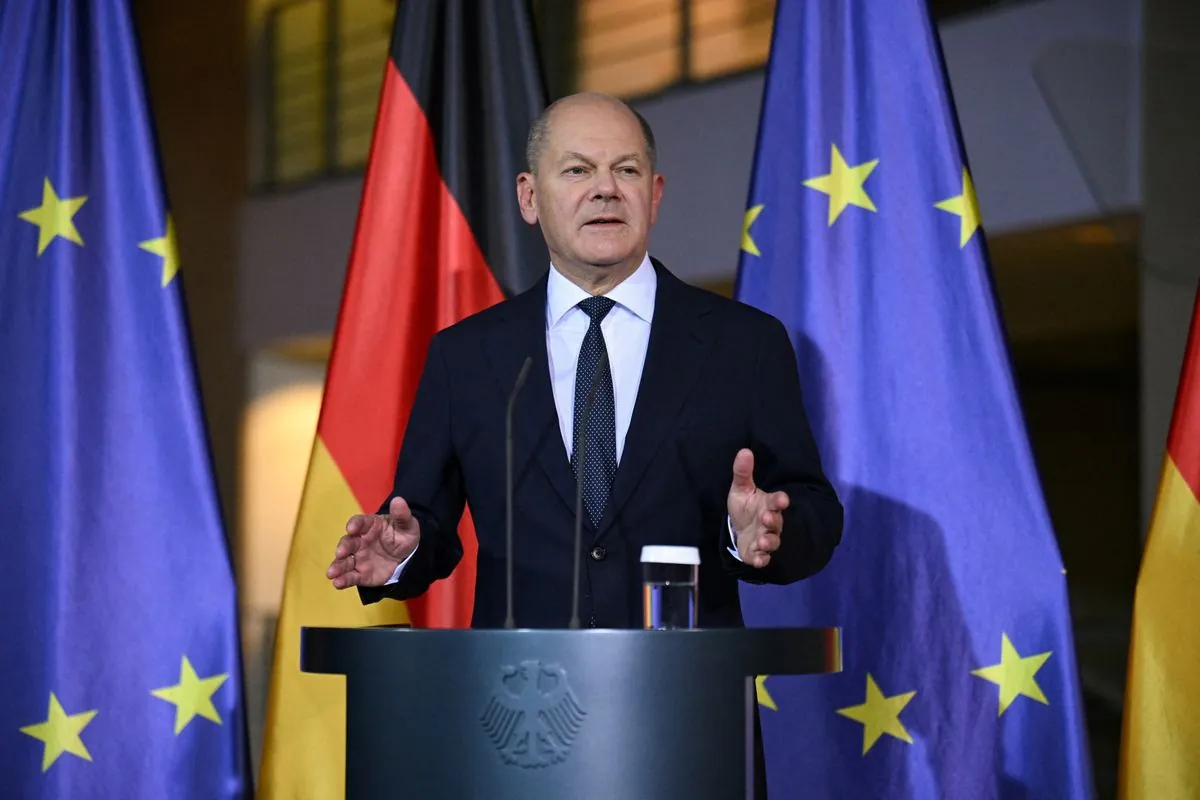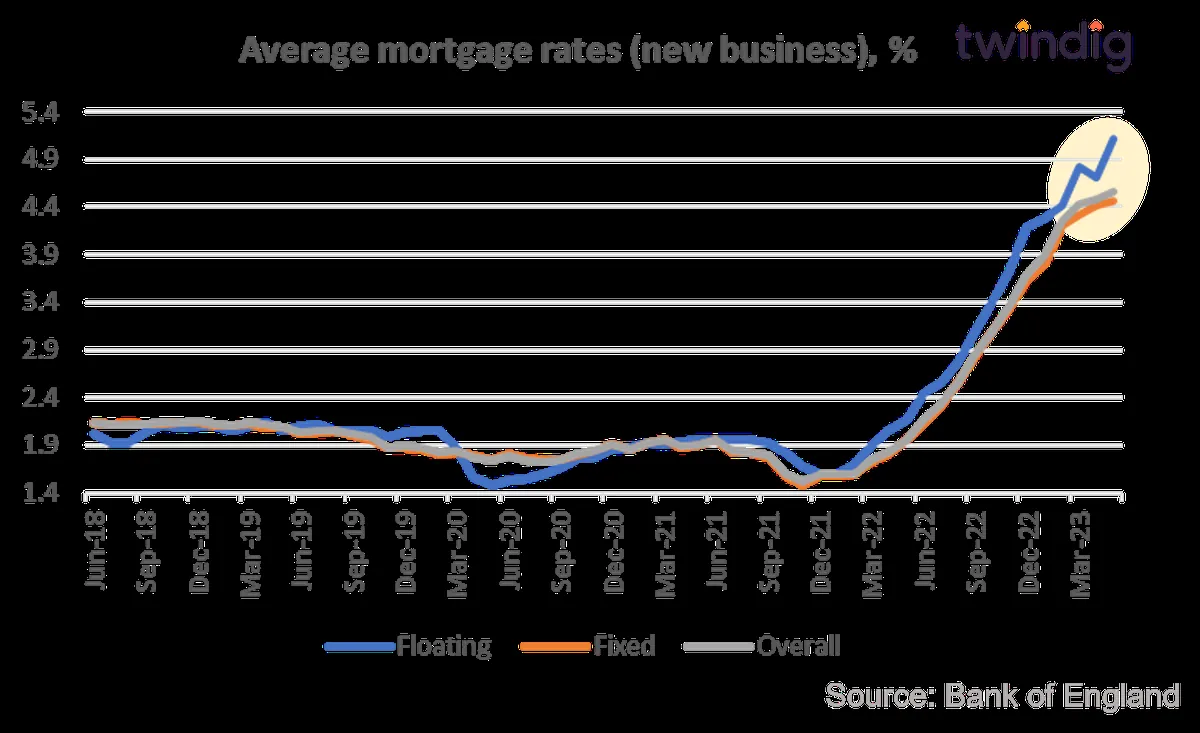Labour's first Budget: Hidden tax changes that might affect your wallet
**Rachel Reeves** plans to present Labourʼs first Budget in more than a decade this week. The new government keeps quiet about most changes but some tax increases might be coming for property and investments

Rachel Reeves prepares for her first Budget speech on Oct-30-24‚ with many britʼs wondering what tax changes are coming. While Labour promised not to raise income tax or VAT its keeping quiet about other possible changes
The new government already made some big moves – cutting winter fuel payments (now only for benefit recipients) and adding VAT to private schools from Jan-25. They also dropped the previous governments £86k social-care cost cap plan
Capital gains tax looks like a main target: higher rates for investment sales are likely to go up but home-sales might stay the same. Inheritance tax might see big changes too – Darren Jones (shadow Treasury chief) talked about using it to “fix wealth gaps“
Labourʼs looking at pension rules too; they might:
* Cut the tax-free lump sum limit to £100k
* Change how pensions are passed on after death
* Keep the triple-lock but let state pensions be taxed
Property owners should watch out for council tax changes – the bands havent been updated since 91ʼ (which is pretty old-school). Stamp duty breaks might end in April; meaning higher costs for house-buyers
Business owners dont feel safe either – employerʼs National Insurance might go up from its current 13‚8% rate. More than 1‚600 company directors closed their firms this month; some worried about these coming changes
The first Budget is going to be painful
Savers might see changes too: Isa limits could get capped at £100k total (theres no limit now) and the tax-free savings allowance might shrink. Drivers should prepare for fuel duty increases – the current 5p cut will probably end
The government says these changes are needed to fix a £22bn budget gap they inherited. While they promised to help “working people“ it seems investors landlords and business owners might need to pay more





























